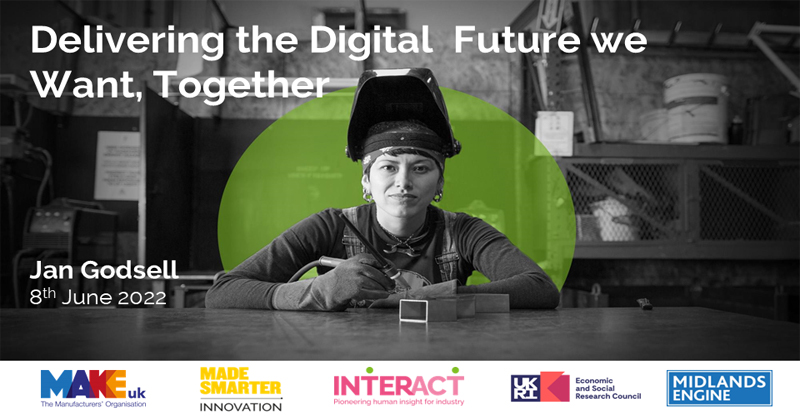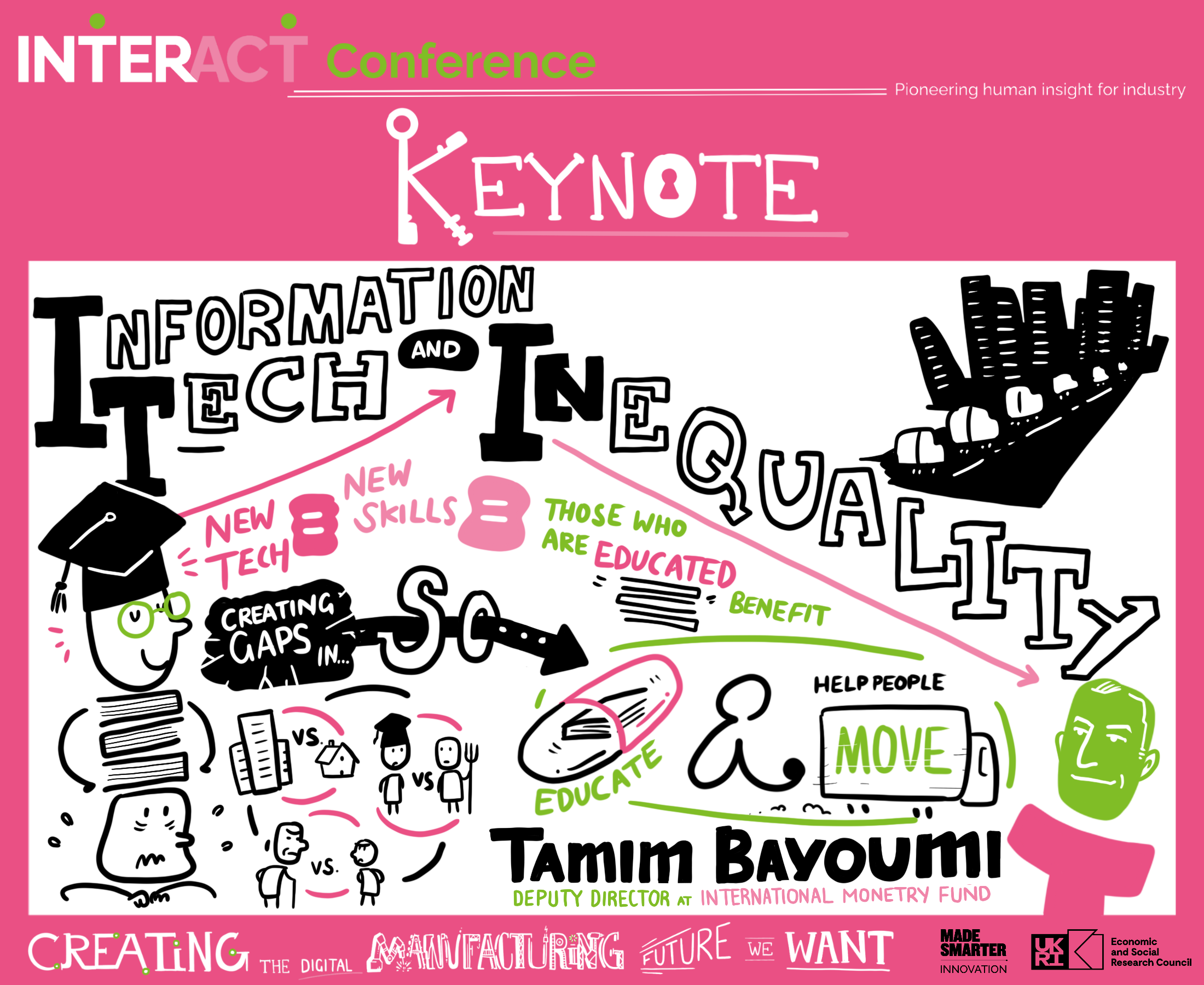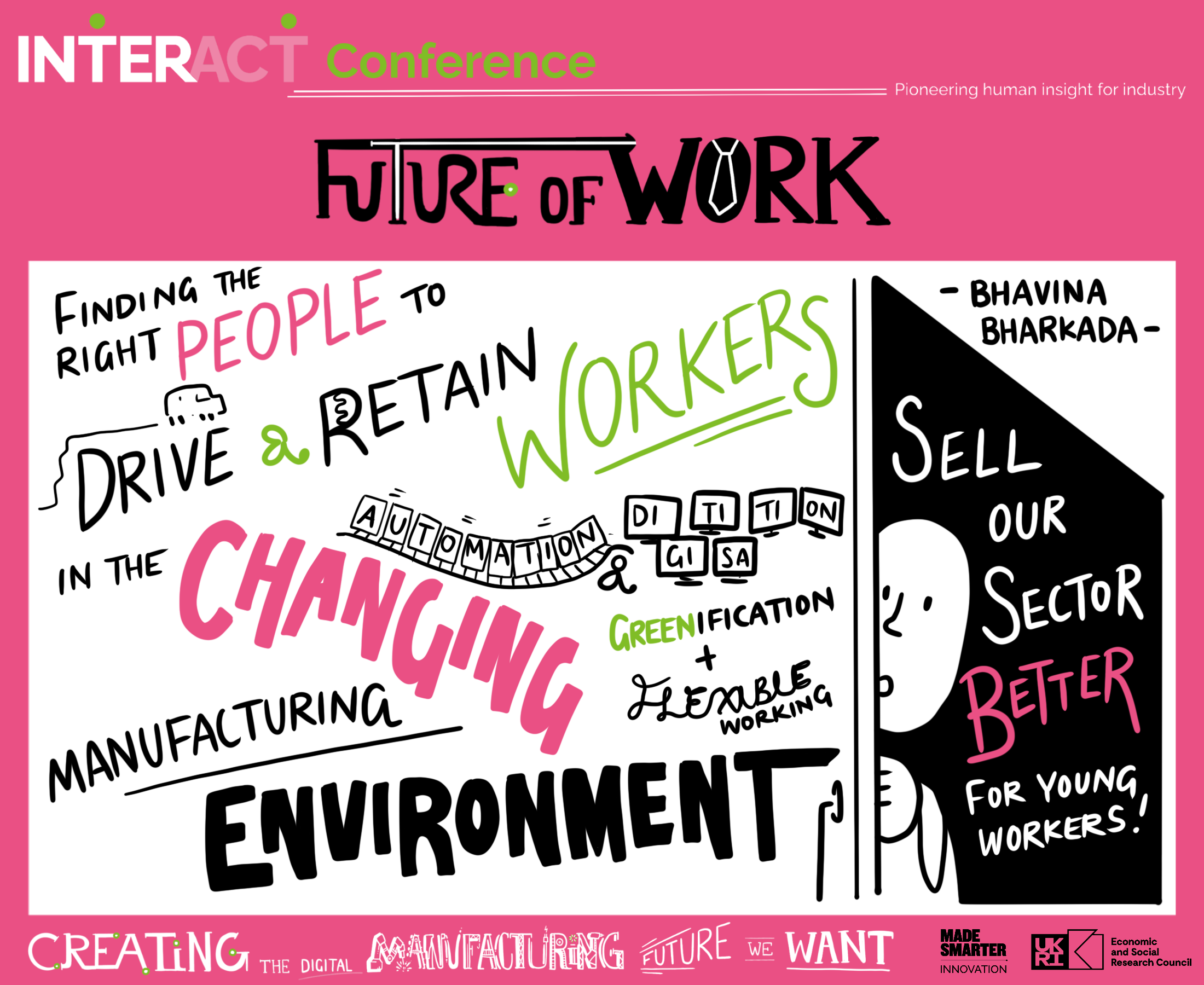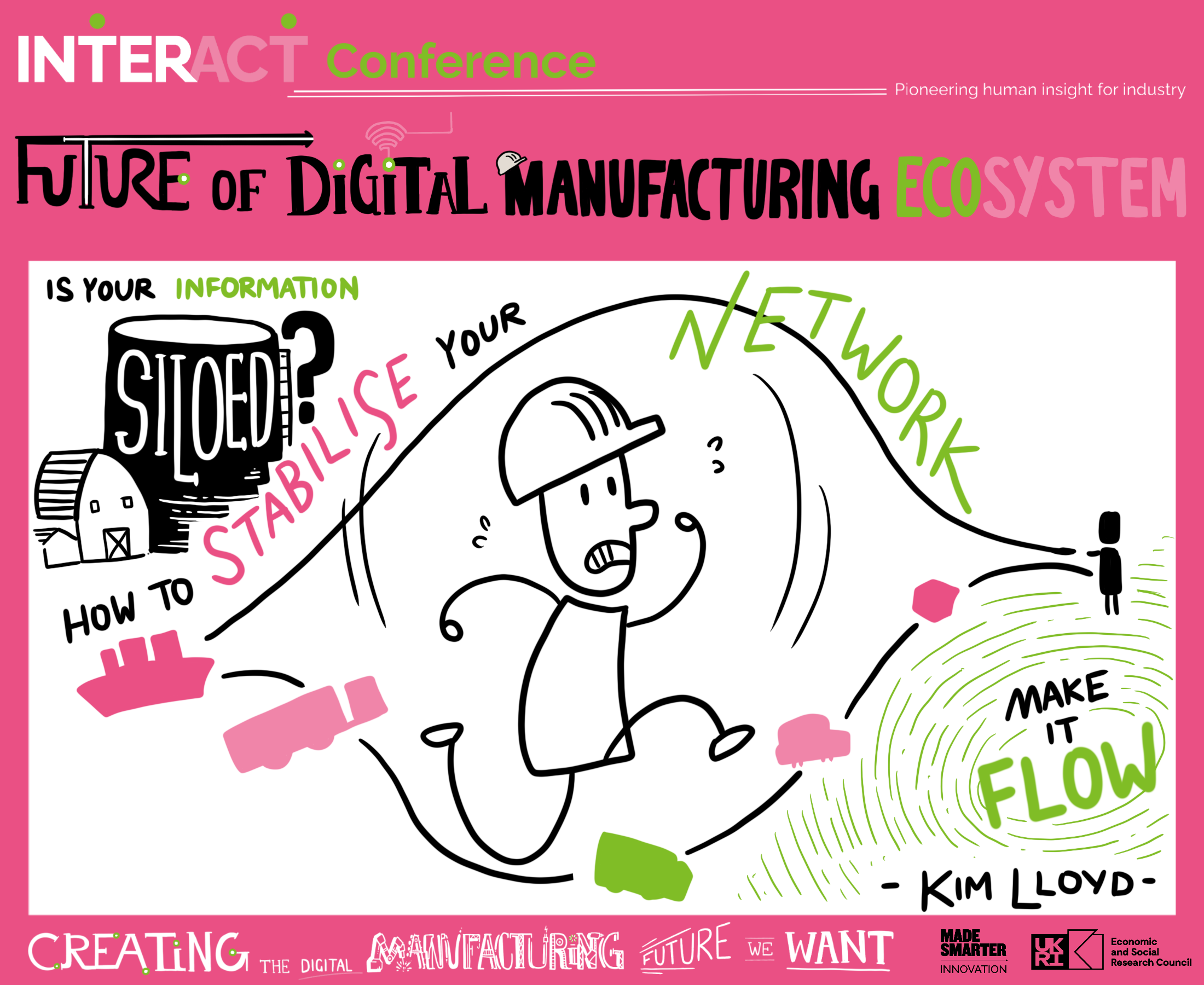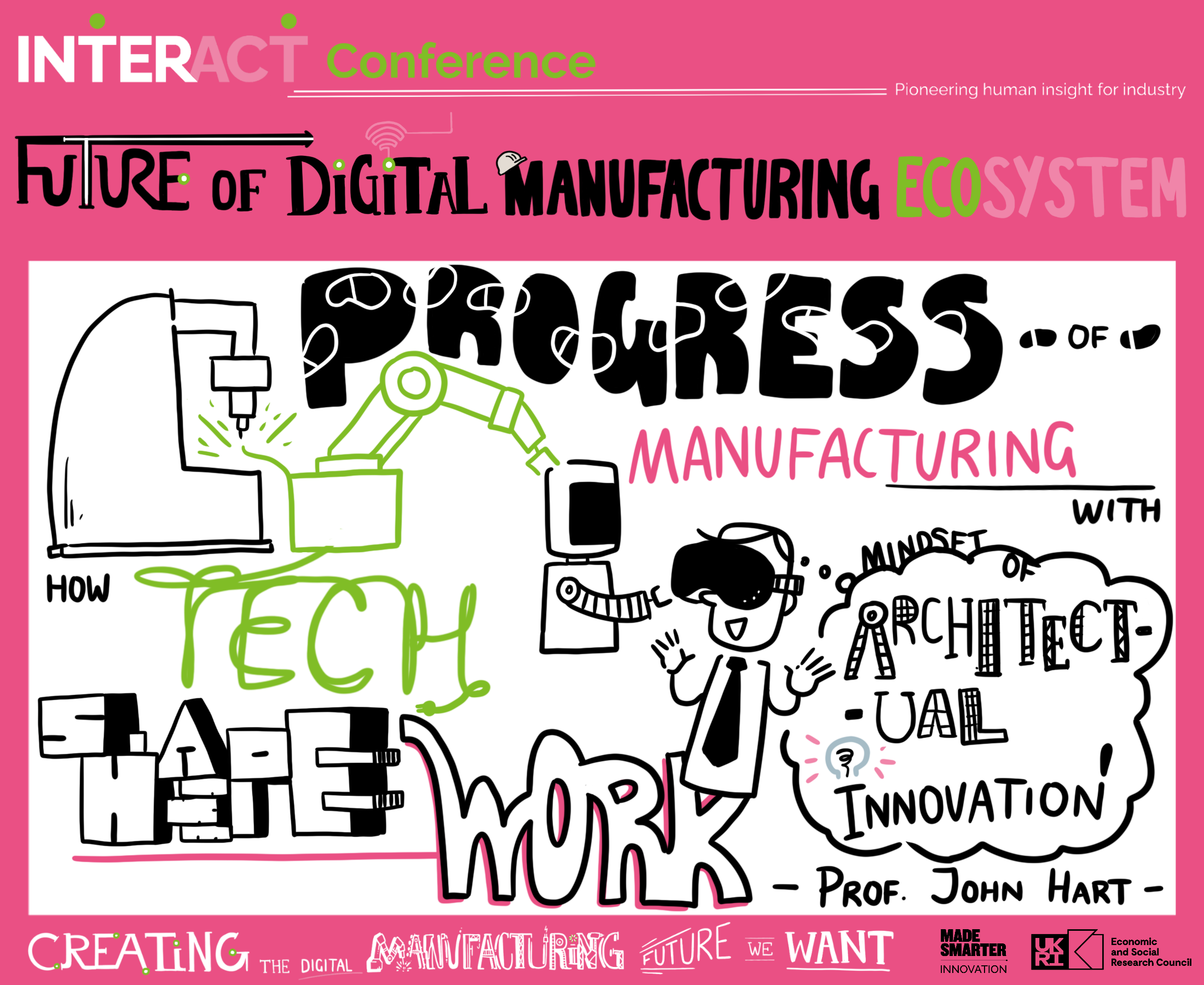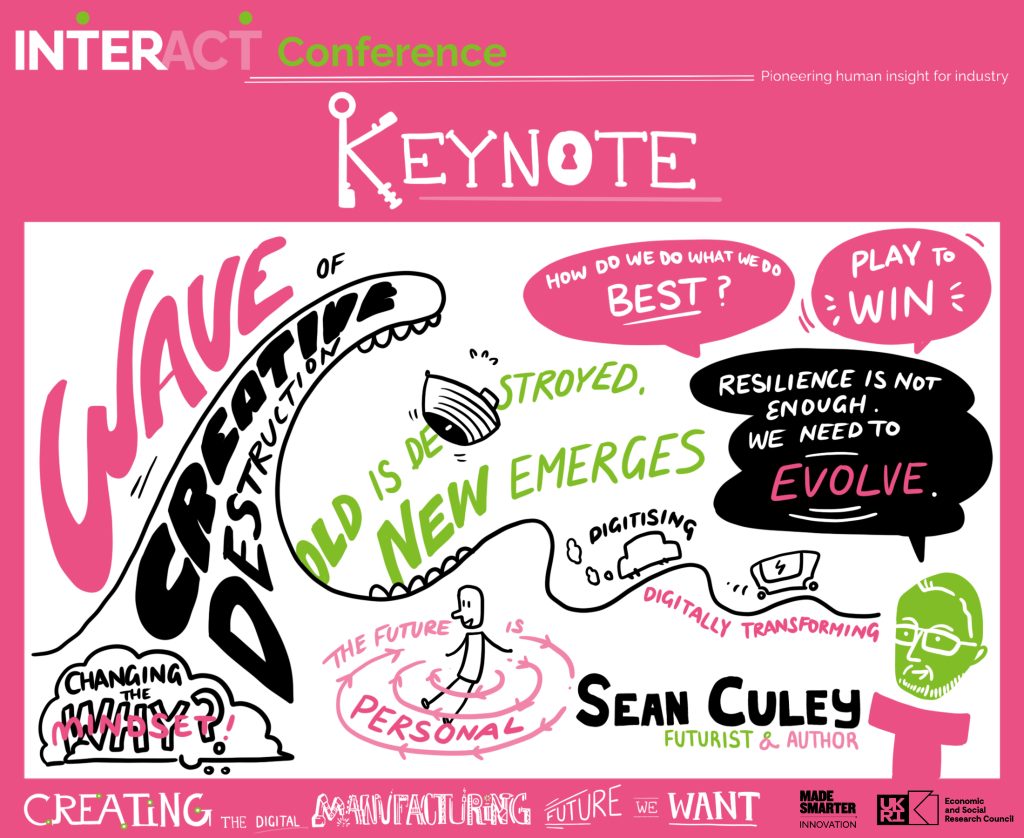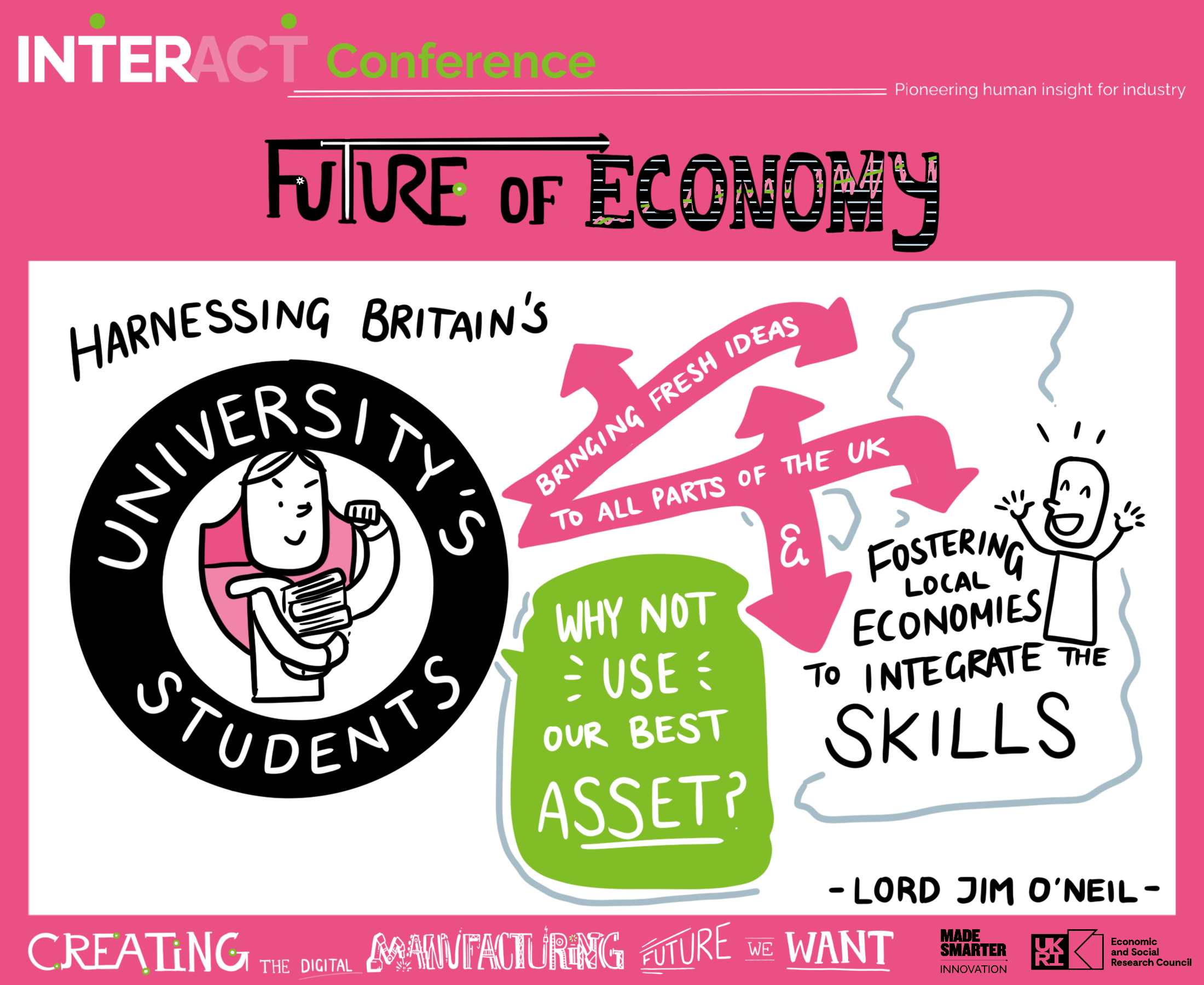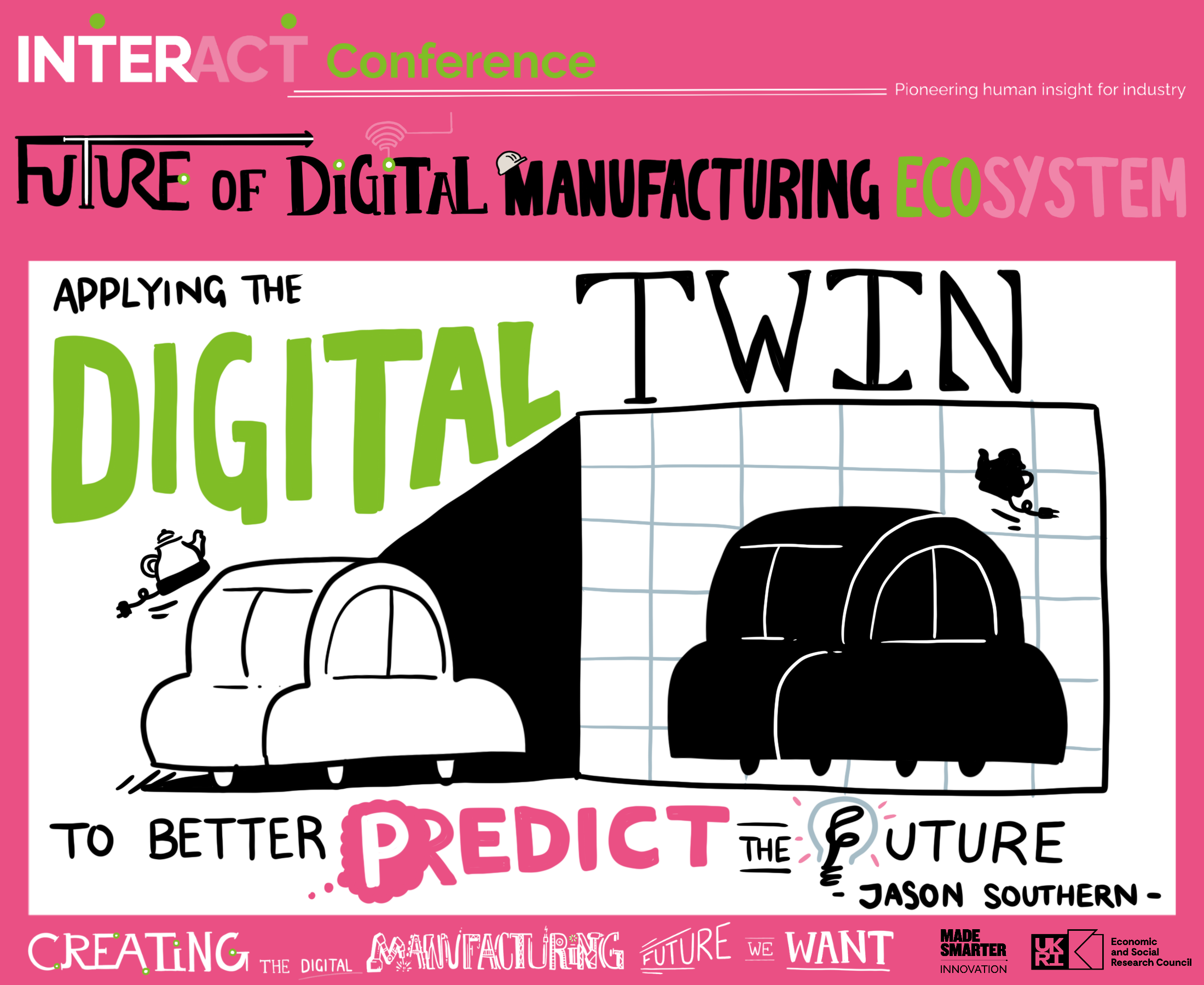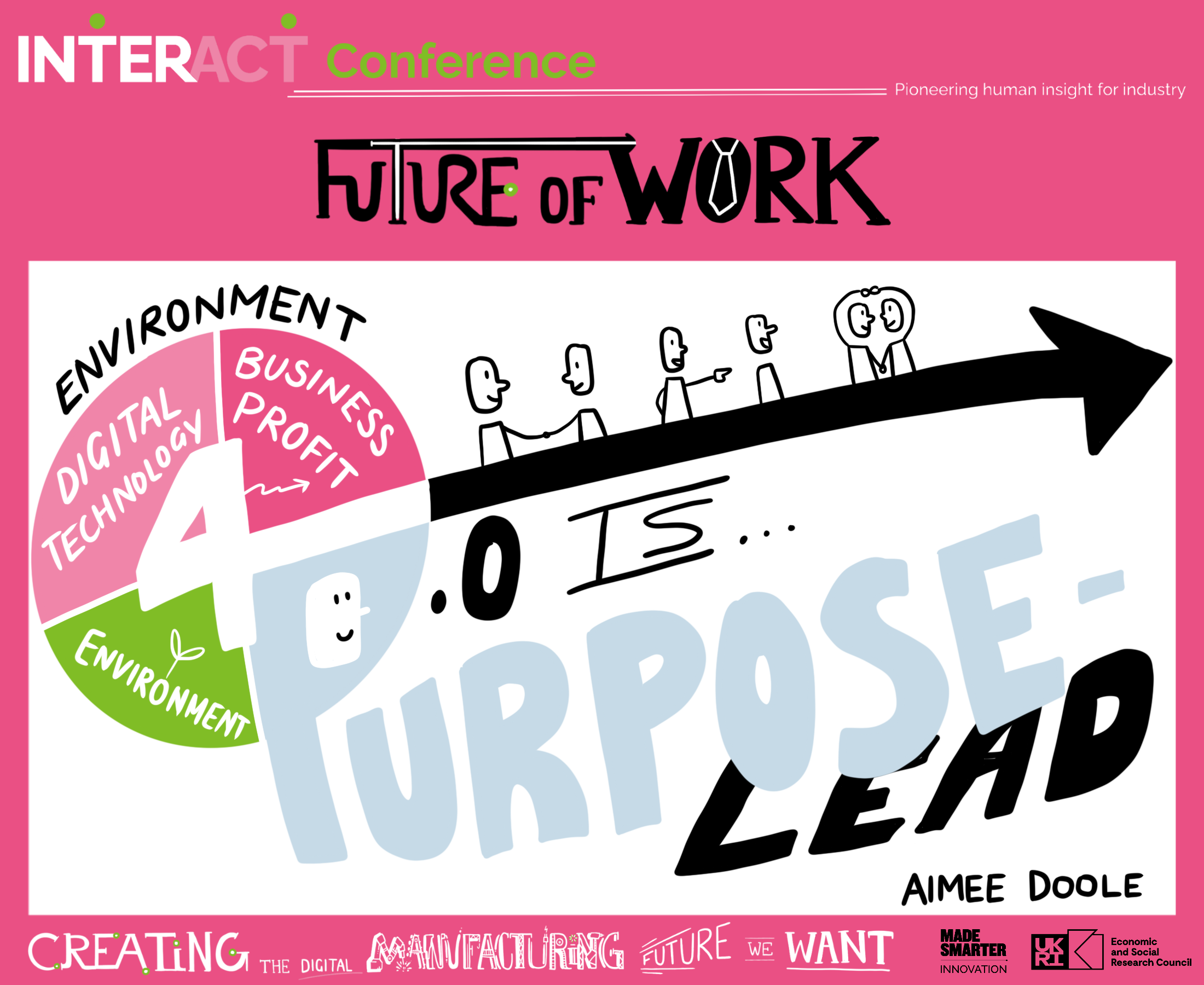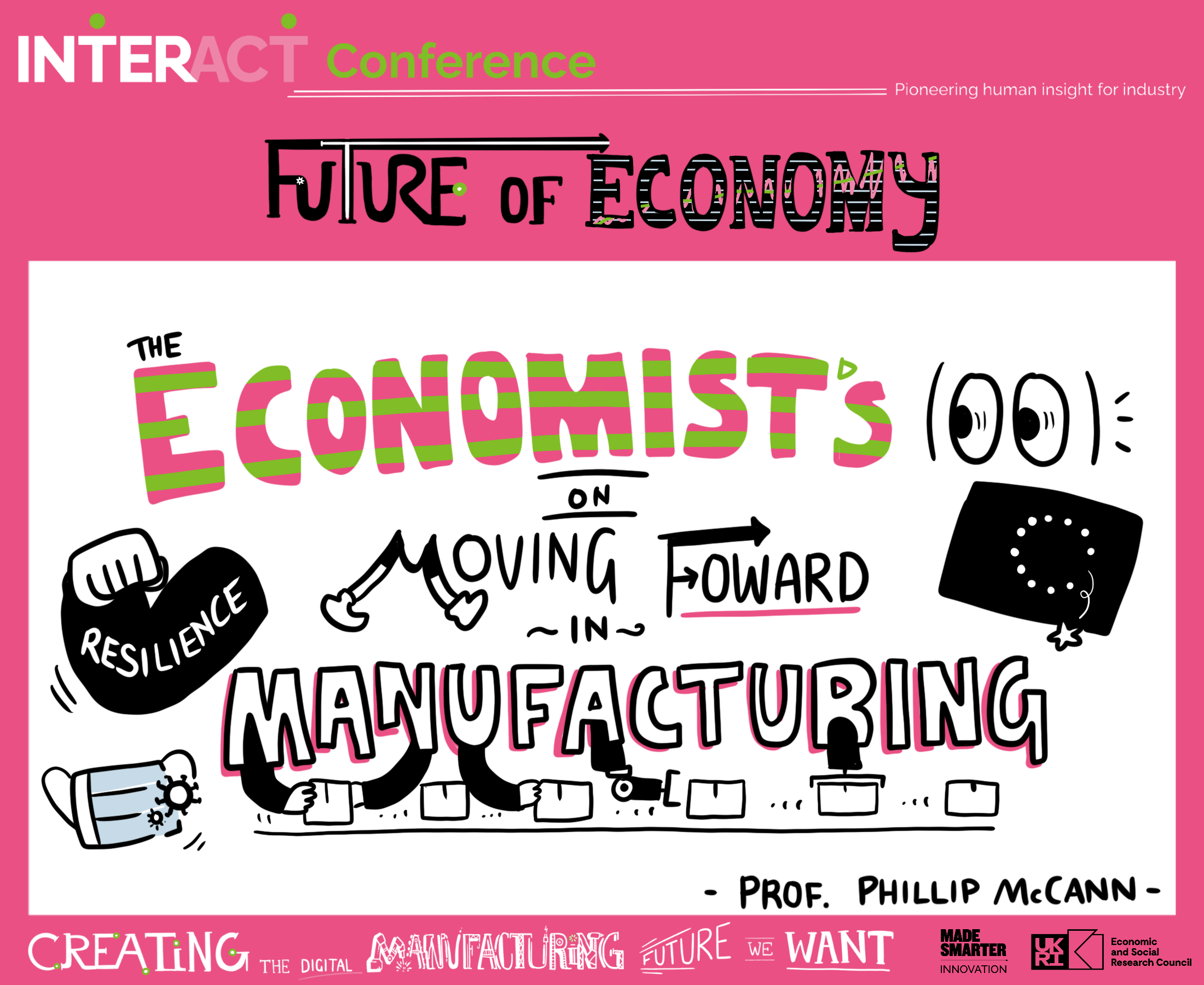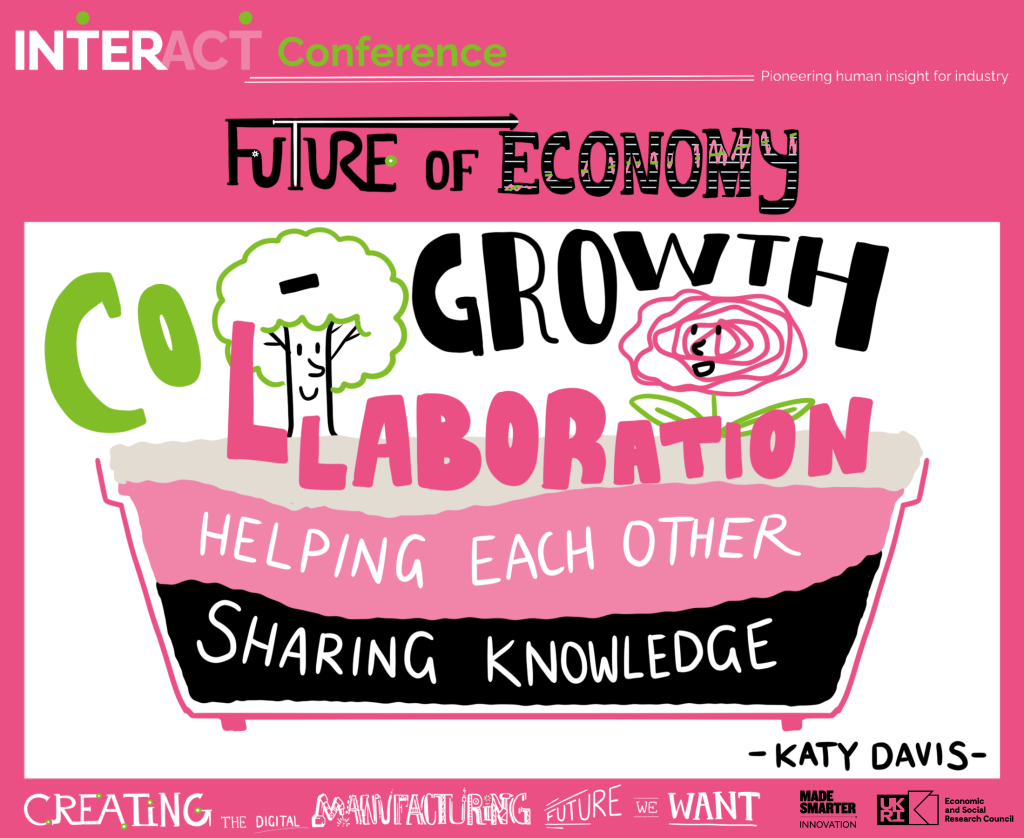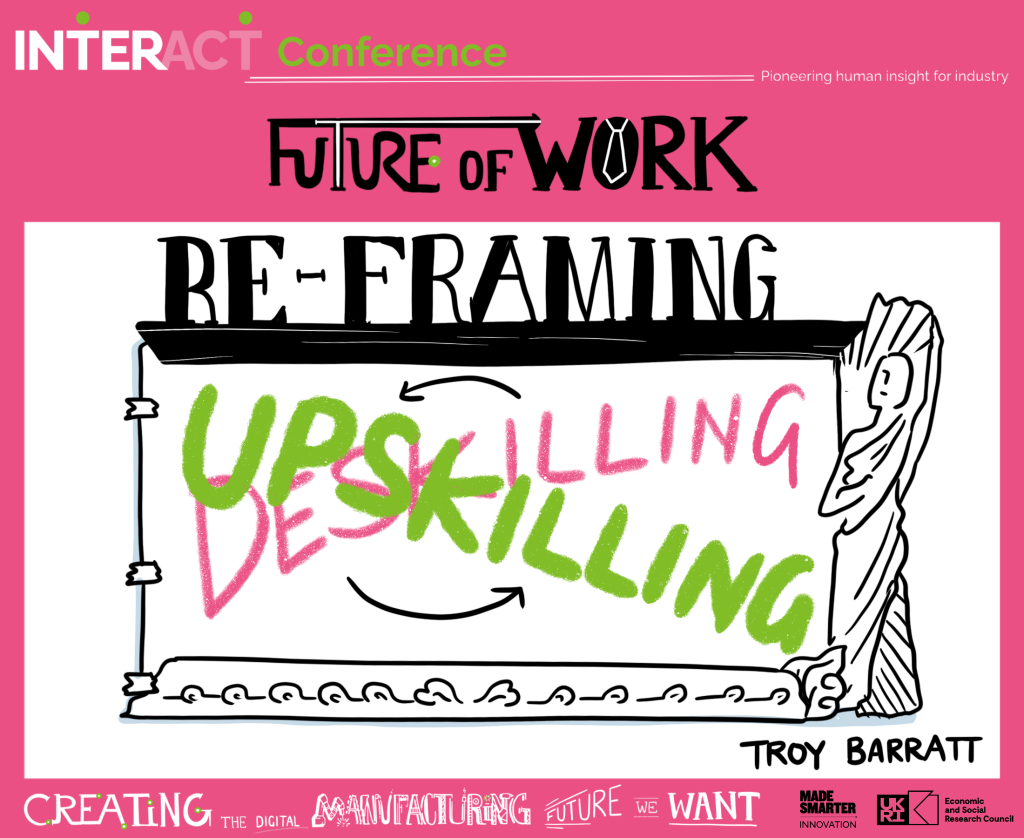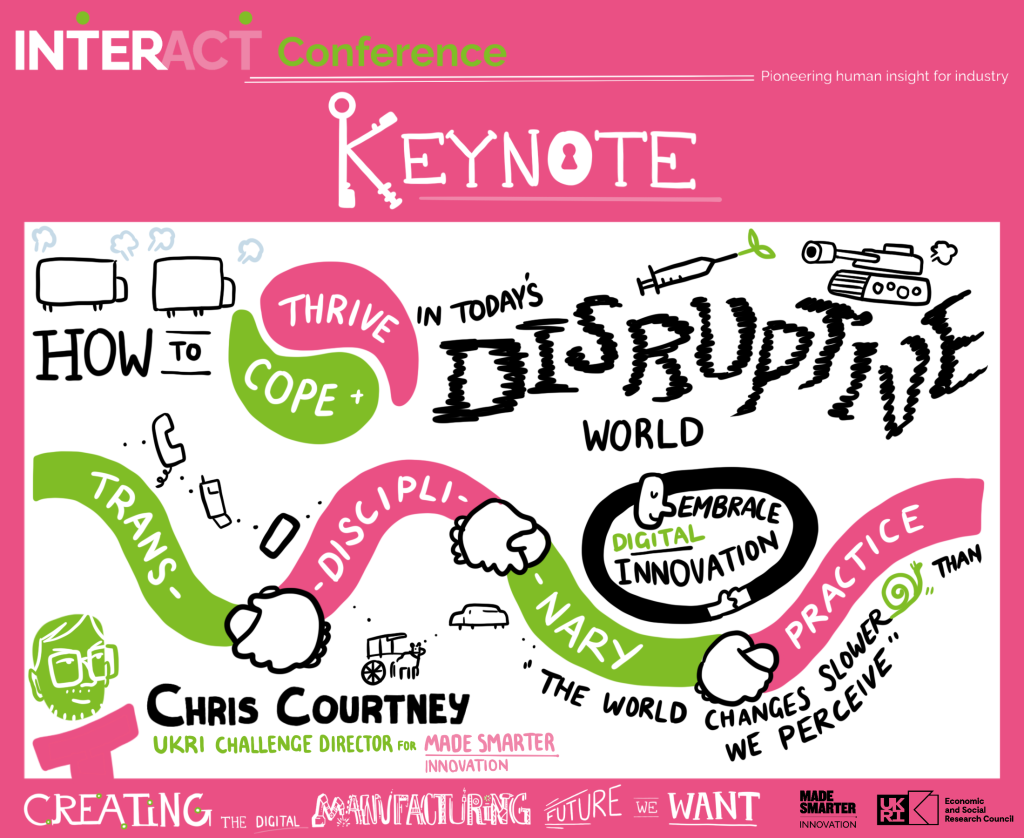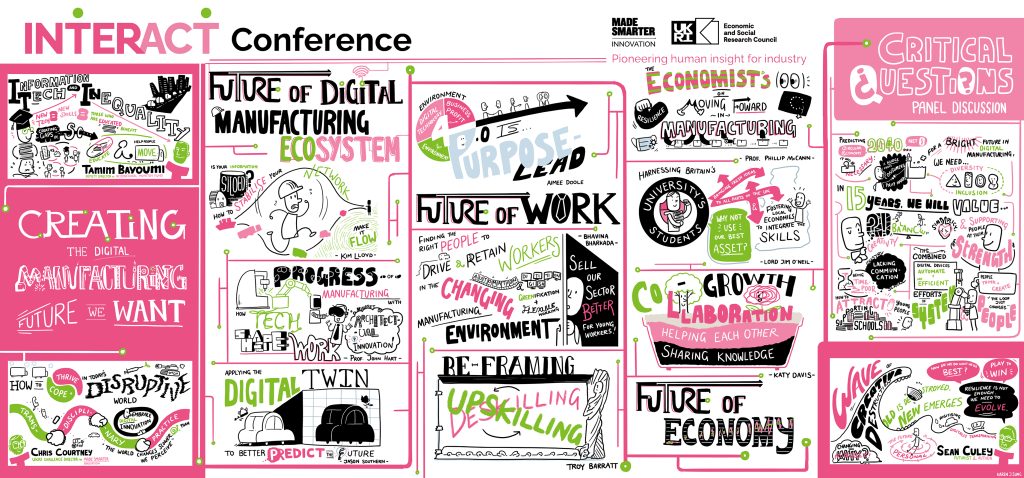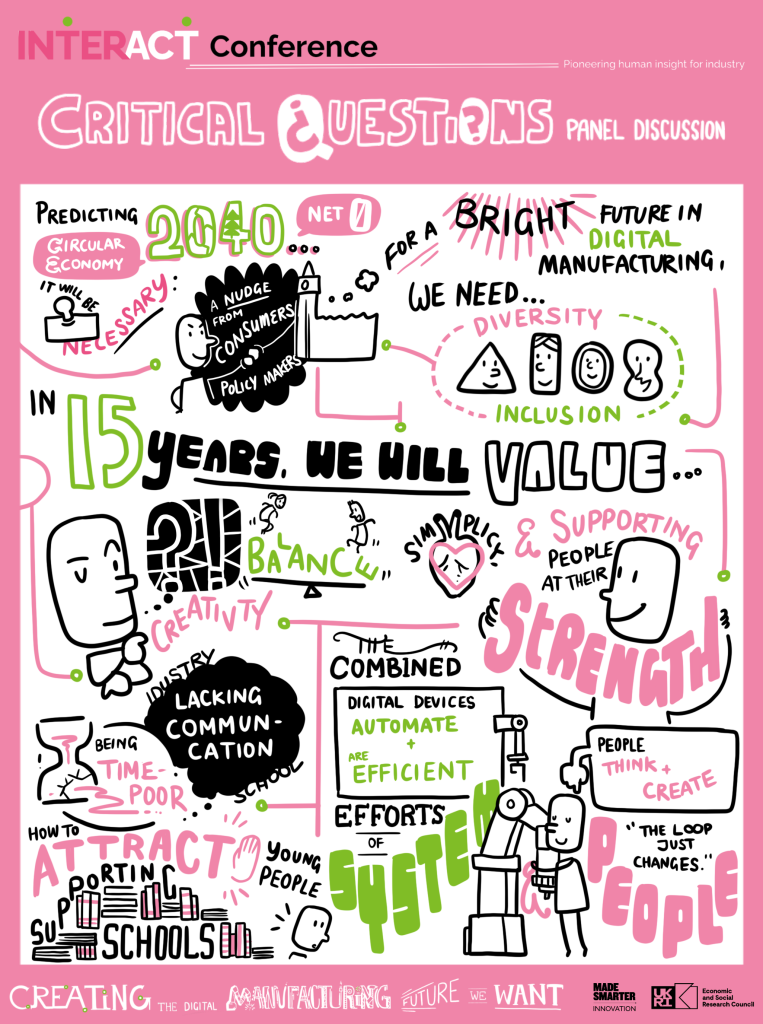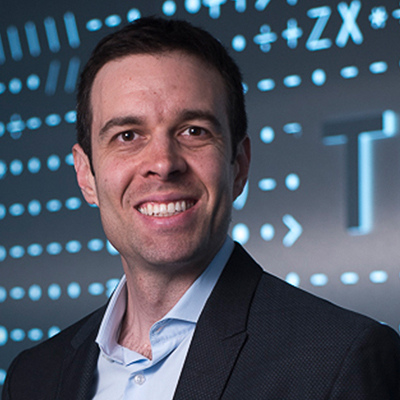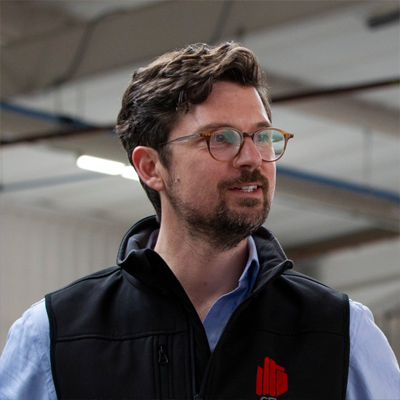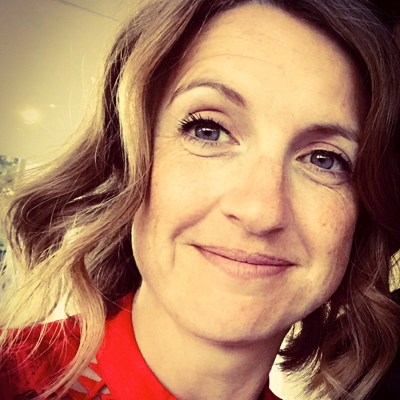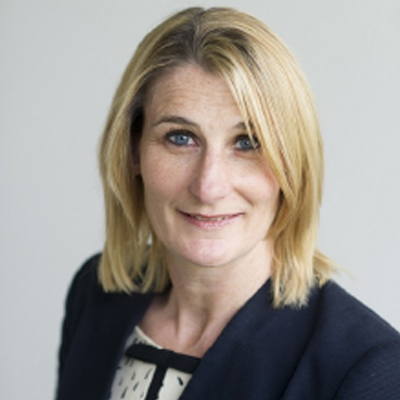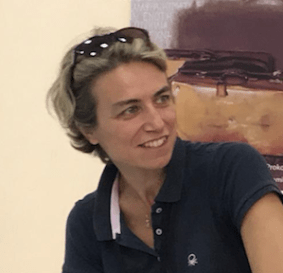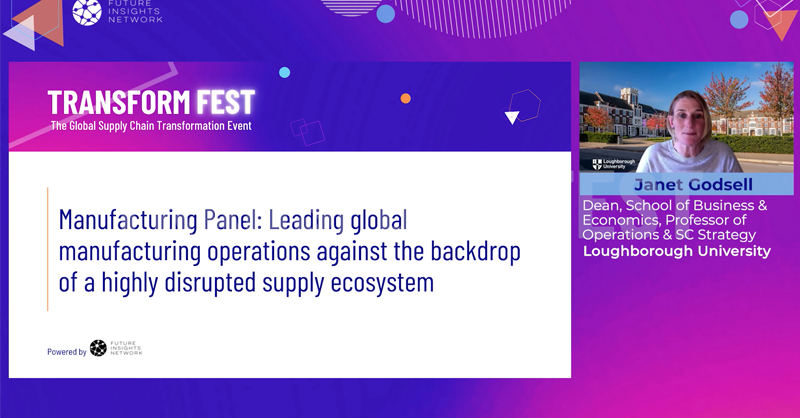Research overview
We are at a crossroads, with the opportunity either to progress towards a more equitable manufacturing landscape or to deepen existing gaps. The digitalisation of manufacturing provides a chance to transform the sector into a more inclusive and diverse one. However, if we do not take intentional and proactive steps, this digital transformation could instead reinforce prevailing norms and deepen gender inequalities.
The project ‘Women in digital manufacturing’ brought together academics and practitioners to raise awareness about the challenges that women face when participating in manufacturing, while highlighting the transformative potential of digital technologies in creating a more diverse and inclusive manufacturing sector.
This policy brief aims to inspire and inform gender-transformative initiatives that challenge unequal gender relations and discriminatory norms and practices within the manufacturing sector. It offers insights into the state of women’s and men’s participation in manufacturing, and through the narratives of accomplished professionals in the field, it unveils the barriers that women face to enter and advance in this sector. The policy brief offers practical recommendations for businesses, industry associations, and research and government organisations to promote gender diversity and inclusion within the UK manufacturing sector.
This research was conducted by Dr. Jennifer Castañeda-Navarrete, (IfM Engage, University of Cambridge). This work was supported by the UKRI Made Smarter Innovation Challenge and the Economic and Social Research Council via InterAct [Grant Reference ES/W007231/1].
For further discussions or potential collaborations, please contact Jennifer Castañeda–Navarrete.
Please complete the captcha to download the file.
Download “Policy brief - The case for a gender-transformative digitalisation” WiM-policy-brief.pdf – Downloaded 3898 times – 4.10 MB



